In an unexpected and diplomatic move, Pakistan made global headlines this week after Pakistan dramatically transferred its stance on the US foreign policy within a 24 -hour period. One day, the country formally nominated former US President Donald Trump for the 2026 Nobel Peace Prize, praising his “historical role” in the mediation of ceasefire between India and Pakistan.
Day of praise: Trump’s the Peacemaker
The week began with a stunning gesture from Pakistan’s Foreign Ministry, which announced his official recommendation of Donald Trump for the Nobel Peace Prize. According to the statement, Trump played an important role in the mediation of de-escation between India and Pakistan during the border tension in May.
The nomination cited Trump’s “bold diplomacy” and “desire to mediate difficult dialogues”. Pakistani authorities credited him to help him avoid a potential military growth, claiming that his interventions allowed to negotiate at a significant time.
The declaration was seen as a strategic outreach for Washington, especially amidst the speculation of Trump’s return to American politics. This is also the U.S. It was also considered an attempt to indicate openness to re -establish strong relationships with.
Suddenly reversed: condemn the US air strike on Iran
Yet the story then turned sharply the next day as the same Pakistani Foreign Office (FO) released a statement condemning in the strongest terms the US air strikes on the Iranian nuclear infrastructure. The statement described the attacks as “irresponsible, aggressive actions” and cautioned that such operations could stir the pot in the entire Middle East.
Pakistan expressed its decades-long allegiance for Iran’s sovereignty and appealed for immediate diplomatic discussion instead of boots on the ground. In the official response, peaceful dialogues were highlighted as much-needed discussions, and the rise would only escalate regional insecurity.
At the time of condemnation, many observers were confused. How can Pakistan appreciate Trump for peace one day and then rapidly criticize the works of its country?
Domestic and regional reactions
The opposite statements triggers strong reactions both domestic and abroad. In Pakistani cities such as Karachi and Islamabad, protesters accused of dual standards, with protests against
. Many criticized the clear incompatibility – seeing Trump as a peace icon one day and opposed the next American aggression.
On social media, political commentators, former diplomats and analysts weighed the move a sign of reactive and inconsistent diplomacy. Some people argued that rapid change in tone revealed strategic clarity and lack of long -term vision in Islamabad’s foreign policy equipment.
Strategic confusion or calculation balance?
The incident has answered questions about Pakistan’s situation in rapidly changing global order. Dual messages can reflect an ongoing internal conflict between neighboring Muslim countries like Iran to align with Western powers for economic and political gains.
On one hand, Pakistan diplomatic doors to U.S. It appears eager to keep it open, possibly in anticipation of future trade and safety participation. On the other hand, it should meet domestic and regional expectations that demand to stand on issues affecting the Muslim world.
This balance act is not new, but the speed and contradiction of recent statements shone disconnects.
Ahead of the challenges
Pakistan now faces a series of challenges that demand more consistent foreign policy:
- Reliability of reconstruction: After this contradiction, both colleagues and critics can question Pakistan’s credibility as a diplomatic partner.
- Explaining priorities: The government needs to communicate a clear outline for its international objectives and partnership.
-
Balancing East and West: As it navigates relations with China, U.S., Iran and Saudi Arabia, Pakistan should formulate policies that are theory-driven, not reactionary.
Conclusion: need for stability in diplomacy
Pakistan’s rapid change by nominating Donald Trump’s for a peace award for condemning American military action has highlighted a fundamental issue in its foreign affairs strategy – an ongoing struggle to maintain balance without losing credibility. While the global platform often demands diplomacy that both strategic and responsible, incompatible public messages seem to be indecent or opportunistic to a nation.
As the regional mobility becomes more complex and alliances change much faster than ever, countries like Pakistan should craft policies that are not only responsible, but also in long-term vision. The world is watching, and for Pakistan, this message that sends tomorrow can matter more than tomorrow.
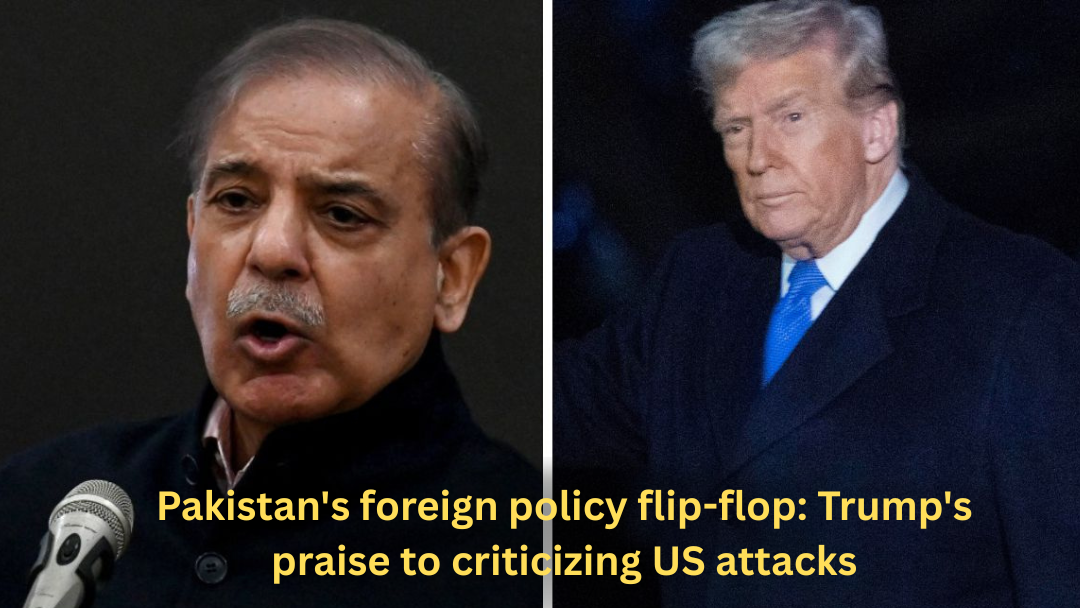

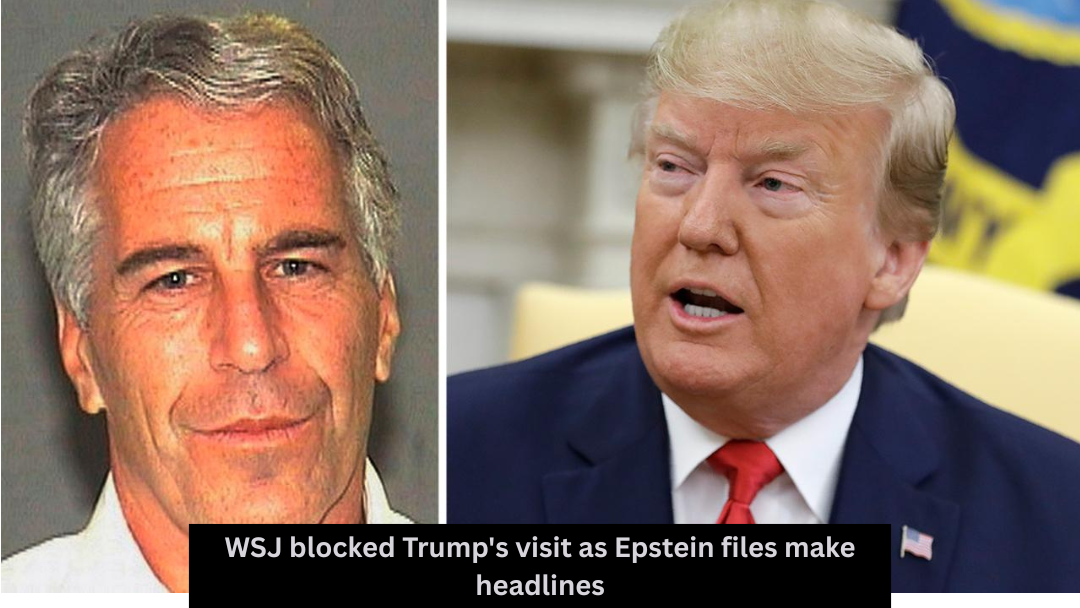


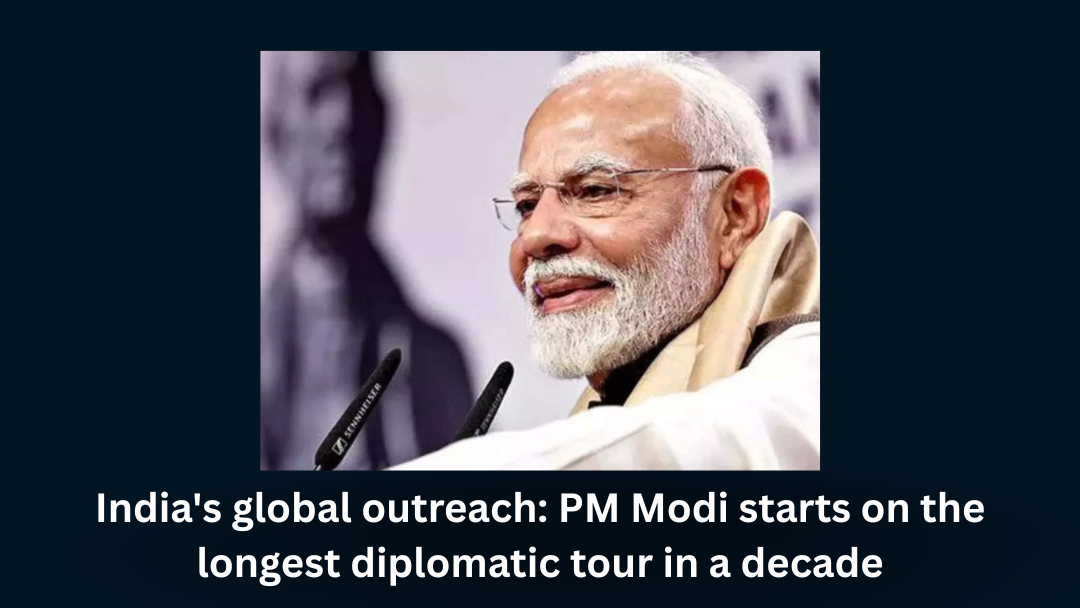


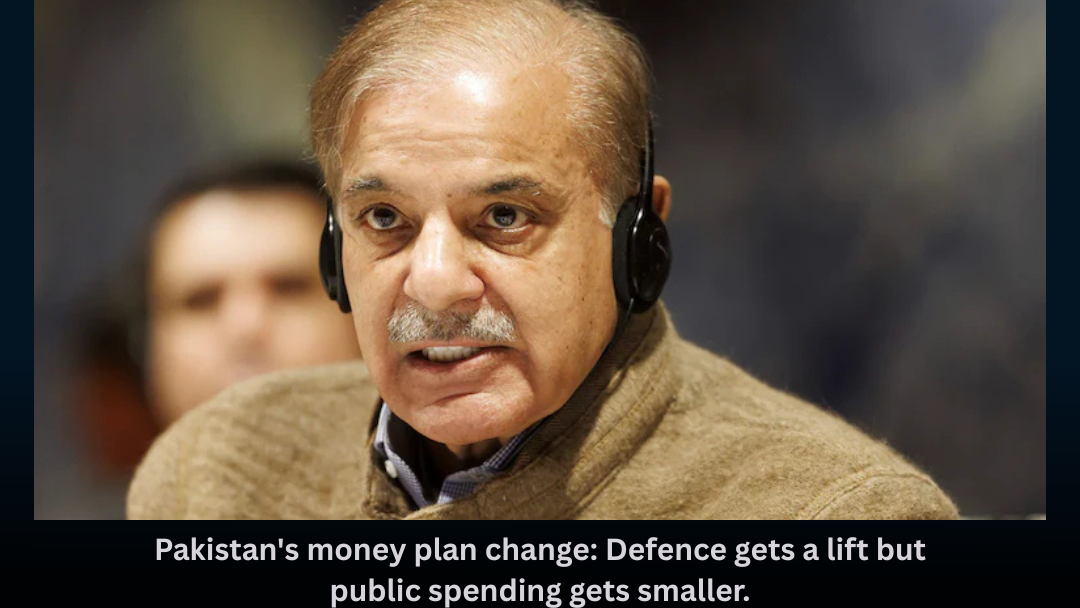
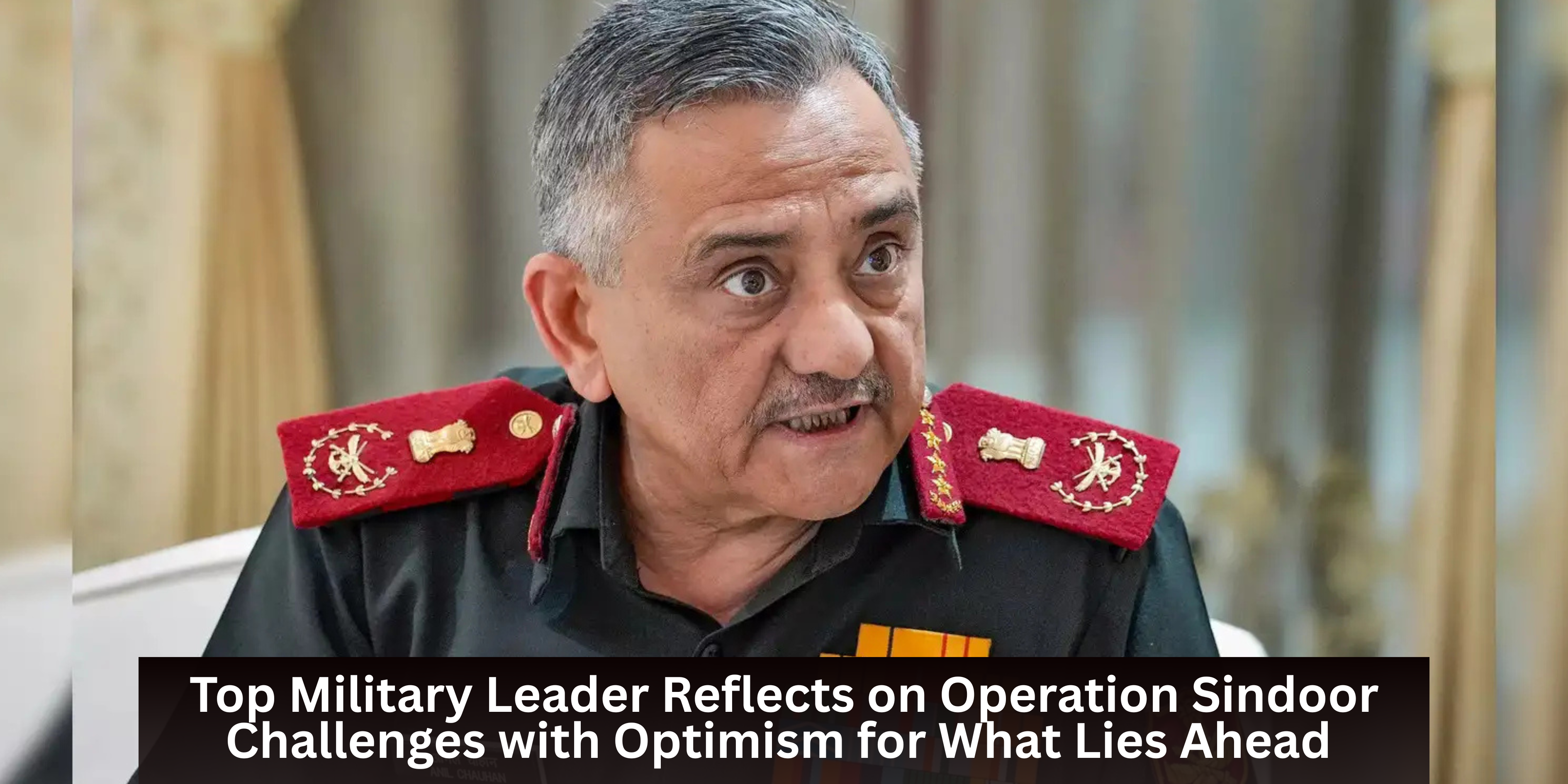



Leave a Reply